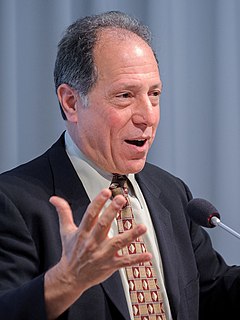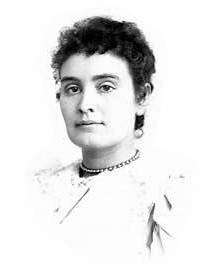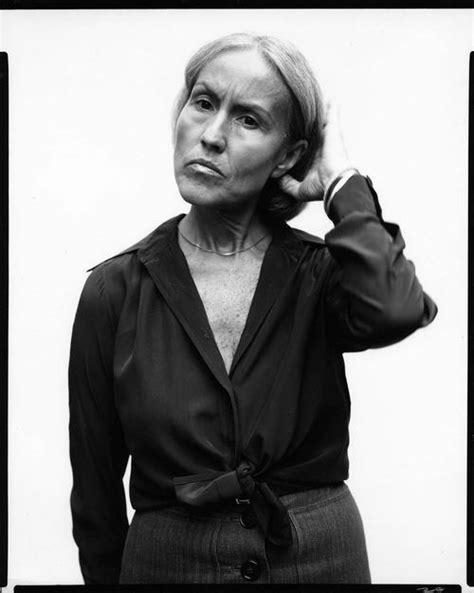A Quote by Tim Wise
Ignorance of how we are shaped racially is the first sign of privilege. In other words. It is a privilege to ignore the consequences of race in America.
Quote Topics
Related Quotes
I grew up poor and white. While my class oppression has been relatively visible to me, my race privilege has not. In my efforts to uncover how race has shaped my life, I have gained deeper insight by placing race in the center of my analysis and asking how each of my other group locations have socialized me to collude with racism.
I said, "OK, Ammon [Hennacy], I will try that." He said, "You came into the world armed to the teeth. With an arsenal of weapons, weapons of privilege, economic privilege, sexual privilege, racial privilege. You want to be a pacifist, you're not just going to have to give up guns, knives, clubs, hard, angry words, you are going to have lay down the weapons of privilege and go into the world completely disarmed."
You don't necessarily have to do anything once you acknowledge your privilege. You don't have to apologize for it. You need to understand the extent of your privilege, the consequences of your privilege, and remain aware that people who are different from you move through and experience the world in ways you might never know anything about.
Privilege is not in and of itself bad; what matters is what we do with privilege. I want to live in a world where all women have access to education, and all women can earn PhD’s, if they so desire. Privilege does not have to be negative, but we have to share our resources and take direction about how to use our privilege in ways that empower those who lack it.
While I was able to pass as white as soon as I came to America, this was not really possible while I was growing up, as it was pretty obvious that I wasn't 'all German.' So my privilege was that in America, I could conveniently withhold one of my bloodlines and avoid racism and discrimination. That is not a privilege most people of color have.
To have privilege in one or more areas does not mean you are wholly privileged. Surrendering to the acceptance of privilege is difficult, but it is really all that is expected. What I remind myself, regularly, is this: the acknowledgment of my privilege is not a denial of the ways I have been and am marginalized, the ways I have suffered.





































